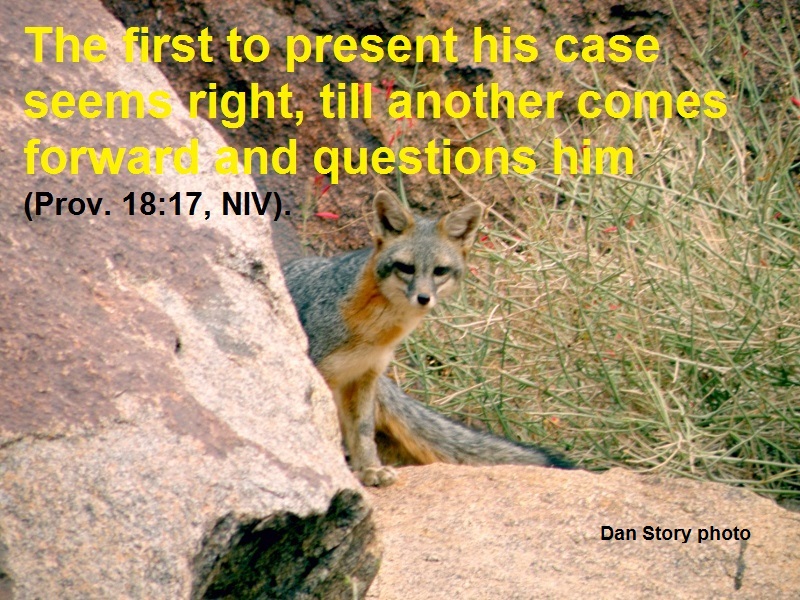
Part Four: Dialogue with an Atheist: The Universe Demands a Creator
With discoveries in astrophysics, molecular biology, and how information is stored and transmitted in DNA, there is a tremendous amount of fairly recent scientific data available that supports divine creation. The following is an example of how this information can be used in a witnessing opportunity.
As I waited for my pickup at a car wash, I overhead a woman tell a coworker she was an atheist. I sat down next to them and listened to the conversation. (They weren’t aware I was paying any attention.) After a while, I leaned over and said, “I couldn’t help overhearing you say that you’re an atheist. I’m curious, why?” Basically, this is how the conversation went from there:
Lady: “I’m a biological evolutionist, and the evidence proves God doesn’t exist.”
Me: “What kind of evidence are you talking about?”
Lady: “People are prejudiced by their understanding of a linear concept of time and our three-dimensional perception of the world. Everything is just here, it has always been here.” (In other words, the universe is eternal so God doesn’t exist.)
Me: “That sounds like speculation to me. Actually, the evidence suggests that the universe is not eternal.”
Coworker: “Are you from a Judeo-Christian tradition?”
Me: “I’m just interested in your point of view and how you came to it. As I understand it, the Second Law of Thermodynamics and the impossibility of time extending backward infinitely makes an eternal universe impossible. [Pause] Let me ask you a question. Even if the universe is eternal, where do the laws of physics come from that govern it?”
Lady: “If you were better trained, you would understand!” [Translation: “Gee, I really can’t answer that!”
This response is typical of many evolutionists. The lady assumed if I didn’t agree with her, I was uninformed. After her last comment, the two stood up, began looking around to see if their car was finished, and hurriedly walked away. The woman was clearly uncomfortable with having to defend her beliefs. Was this brief discussion worth the time? I hope so.
My reason for sharing this story is to illustrate how a combination of common scientific facts and asking specific questions—thereby putting the burden of proof on the skeptic—can be an effective apologetic technique, even with an alleged “trained” evolutionist. My higher education was not in the sciences, but I’ve done my homework. Neither the woman nor her companion attempted to give any evidence to support the contention that the universe is eternal or that God doesn’t exist. If I encouraged them to see this, I did my job as an apologist.
This is how apologetic encounters often play out. We don’t always have the opportunity to give the Gospel, but we can lay the groundwork. (See 1 Cor. 3:5-9.) Perhaps the next apologist or evangelist God sends their way will be able to share the Gospel with a more willing listener. That’s why apologetics is often referred to as “pre-evangelism.”
By the way, the reason I didn’t identify myself as a Christian is that it would have given them an excuse to ignore my challenges as merely religious. I wanted to engage them on their own turf—scientifically—so they would consider what I said. ©